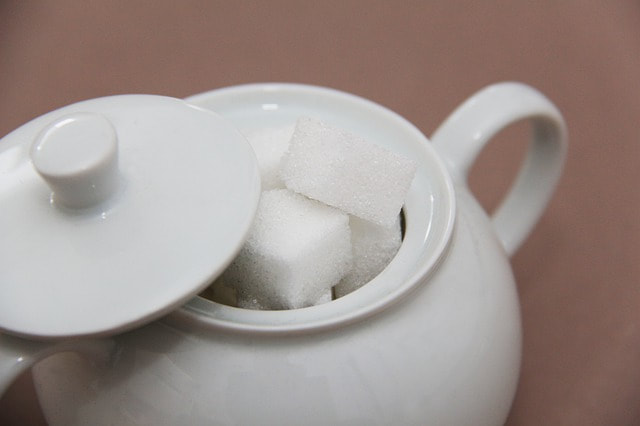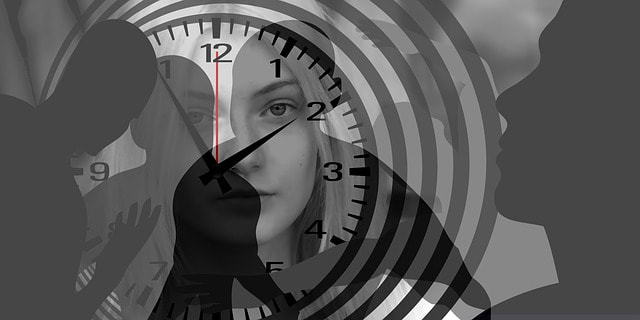As you seek to discover, unlock and live your Godly destiny, be sure to laugh often. As this article explains, it is good for your health, but beyond that it is all part of enjoying the purpose of your life with the One who overflows with unspeakable joy. So laugh your way all the way to your Godly destiny.
CBN Medical reporter Lorie Johnson pens, "Laughter! It’s one of the most often overlooked ways we can, and should, live better.
Yes, the ability to laugh seems to come naturally to some people. But everyone, even the most serious personality types, can develop a funny bone. It’s a wonderful way to stay healthy!
As researchers examine the keys to longevity, they are now discovering overwhelming evidence that living long has a lot less to do with exercise and eating right than the way we THINK.
Just look at the majority of centenarians and you’ll notice they all have a zest for life, a natural curiosity and, yes, a sense of humor. You’ll notice a light-heartedness among people who’ve outlived their counterparts.
This is all about stress. Stress is far more devastating than most people realize. It literally debilitates your entire system. Anger, fear, unforgiveness and yes, a sour attitude all contribute toward stress.
Conversely, letting go of anger, resentment, and taking ourselves too seriously immediately contribute toward stress relief and an overall healthier you. Research shows:
CBN Medical reporter Lorie Johnson pens, "Laughter! It’s one of the most often overlooked ways we can, and should, live better.
Yes, the ability to laugh seems to come naturally to some people. But everyone, even the most serious personality types, can develop a funny bone. It’s a wonderful way to stay healthy!
As researchers examine the keys to longevity, they are now discovering overwhelming evidence that living long has a lot less to do with exercise and eating right than the way we THINK.
Just look at the majority of centenarians and you’ll notice they all have a zest for life, a natural curiosity and, yes, a sense of humor. You’ll notice a light-heartedness among people who’ve outlived their counterparts.
This is all about stress. Stress is far more devastating than most people realize. It literally debilitates your entire system. Anger, fear, unforgiveness and yes, a sour attitude all contribute toward stress.
Conversely, letting go of anger, resentment, and taking ourselves too seriously immediately contribute toward stress relief and an overall healthier you. Research shows:





 RSS Feed
RSS Feed